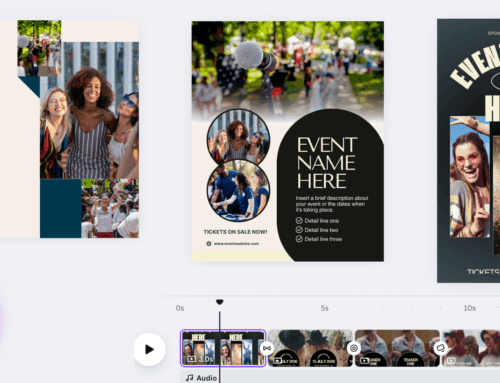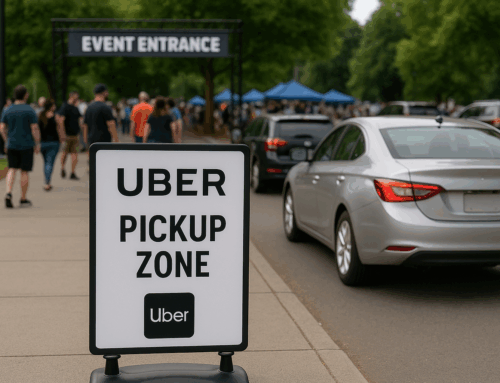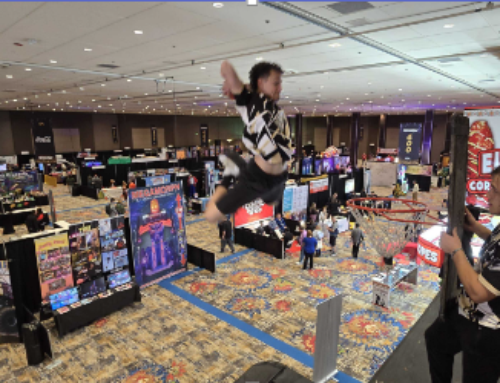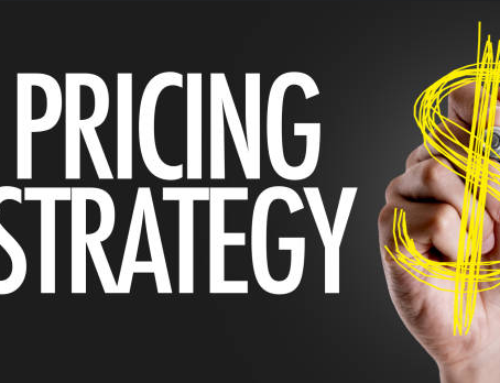On November 17, 2020, EventHub hosted our inaugural Event Resources Virtual Summit on our virtual expo. The day featured sessions led by industry experts discussing trends in the industry, a recap of some of the most successful virtual events in 2020, and virtual event best practices in terms of sponsorships and tech. While there are still many unknowns about the future of the events industry, one fact has become clear:
Virtual programming will not replace live events, but it’s not going anywhere.
Most consumer event organizers are prioritizing virtual programming for the first half of 2021, and planning to incorporate virtual components for hybrid events through the rest of 2021 and beyond. The summit provided attendees the tools and knowledge to tackle them successfully. All sessions are available now for free on replay.
Throughout the day, despite a wide range of topics surrounding virtual events, some key patterns and takeaways emerged.
Creating compelling programming and attendee engagement opportunities are critical for virtual/hybrid event success.
Truly successful virtual events find creative solutions to replicate the in-person experience. With the majority of the population spending their time indoors at home, it’s imperative that event organizers provide programming that’s worth turning off Netflix for. Whether in-person or virtual, what an event attendee wants is the same: a connection.
With virtual programming the potential exists for exponentially increasing that audience connection. By going virtual this year, Shelly Bennett, Manager of the Pierce County Fair, said that her event hosted on EventHub attracted over 15K views. Similarly, Sam Kimball of Winship Media and Events expanded his audience beyond his regional New York winery community. Both now reach audiences nationwide with their programming.
If you want to keep that expanded audience at your virtual event, you’ve got to be looking for every possible way to get your attendees engaged. This not only creates value for the attendee but for your sponsors as well.
So what does that look like? For Shelly and the Pierce County Fair, it was contests and scavenger hunts to encourage attendees to visit the sponsor booths. For John Welsh and the NYC Marathon, it was a live finisher results roll announcing the results of the runners who completed the marathon. Personally, I love to see when races incorporate an element of surprise and delight. A finisher medal along with a care package comprising promotional gear from some featured sponsors is a nice personal touch.
Veteran event producer Robert Allen encourages you to, “Be Remarkable”. Taking your event online means you need to start from the bottom up. Really examine every component of your event for ways to stand out from the crowd.
Selling sponsorships and tickets to virtual/hybrid events are crucial for funding.
Virtual events are a great way to honor your commitment to your sponsors in lieu of cancelling your live event. However, when you’re looking to attract new sponsorship opportunities, it’s important to remember the basics. As Teresa Stas of Green Cactus reminds us, you are not selling your event, you are selling access to your audience. Keep in mind that if this is your first virtual or hybrid event, you’re going up against unproven results, so be sure to factor that into your pricing. Be clear in your communication with your sponsors, know what their sponsorship goals are, and be prepared to show them how your virtual event is uniquely qualified to help them meet those goals.
Additionally, Vicki Higgins of ConneXion Partnerships tells us that now more than ever brands are shifting their messaging to be aligned with cause-driven missions. An opportunity exists for you to create new, socially-conscious sponsorship categories. Re-engage your sponsors for year-round partnerships instead of just a single event.
Of course you want to generate ticket revenue as well, and our friends at Ticket Spice have some great tips to make sure you’re enticing your potential attendees:
- make a list of reasons people come to your event and know which of those reasons will translate to virtual
- find ways to capitalize on a virtual experience that can’t be done in-person
- leverage your sponsorship relationships to add value (like VIP experiences)
- keep your programming short and sweet
Knowing the tools to use for putting together virtual events are important on the front end.
Putting together a successful virtual event involves a combination of tools, but that’s no excuse to sacrifice production quality. Hold yourself to the same standard you expect from your live event! Conventures’ Boston Marathon employed custom CSS to cultivate brand recognition and familiarity with their attendees. They also inspected every exhibitor booth before the event went live to ensure it was meeting their standards.
And if the tech of it all gets too overwhelming, there are a number of pros you can hire to implement virtual event best practices. (Psst: EventHub can help with that!)
Planning, prep, and stakeholder communication are integral to the success of virtual/hybrid event execution.
Just like a live event, things will go wrong with your virtual event. You can minimize the interruption by prepping and planning, and then prepping some more. Expect that there’s going to be a steep learning curve for your exhibitors and your mainstage programming, especially if elements are being prerecorded. Do your research on virtual event best practices. Overcommunicate with your exhibitors and your entertainers. Build dress rehearsals into your schedule. Plan to spend a lot of time getting your exhibitors comfortable with your platform. Overcommunicate with your attendees. Give yourself as much time to prepare for your virtual event as you would your in-person event. Expect hiccups and breathe easy when they don’t come. In short, do what you do best: be an event producer!
Wrapping Up
This year has brought a lot of uncertainty to the events industry. What we know for sure is that giving up and waiting for in-person events to come back is not the answer. Virtual — in one form or another — is here to stay. With a global audience at your fingertips, how will you create compelling virtual programming in 2021?





